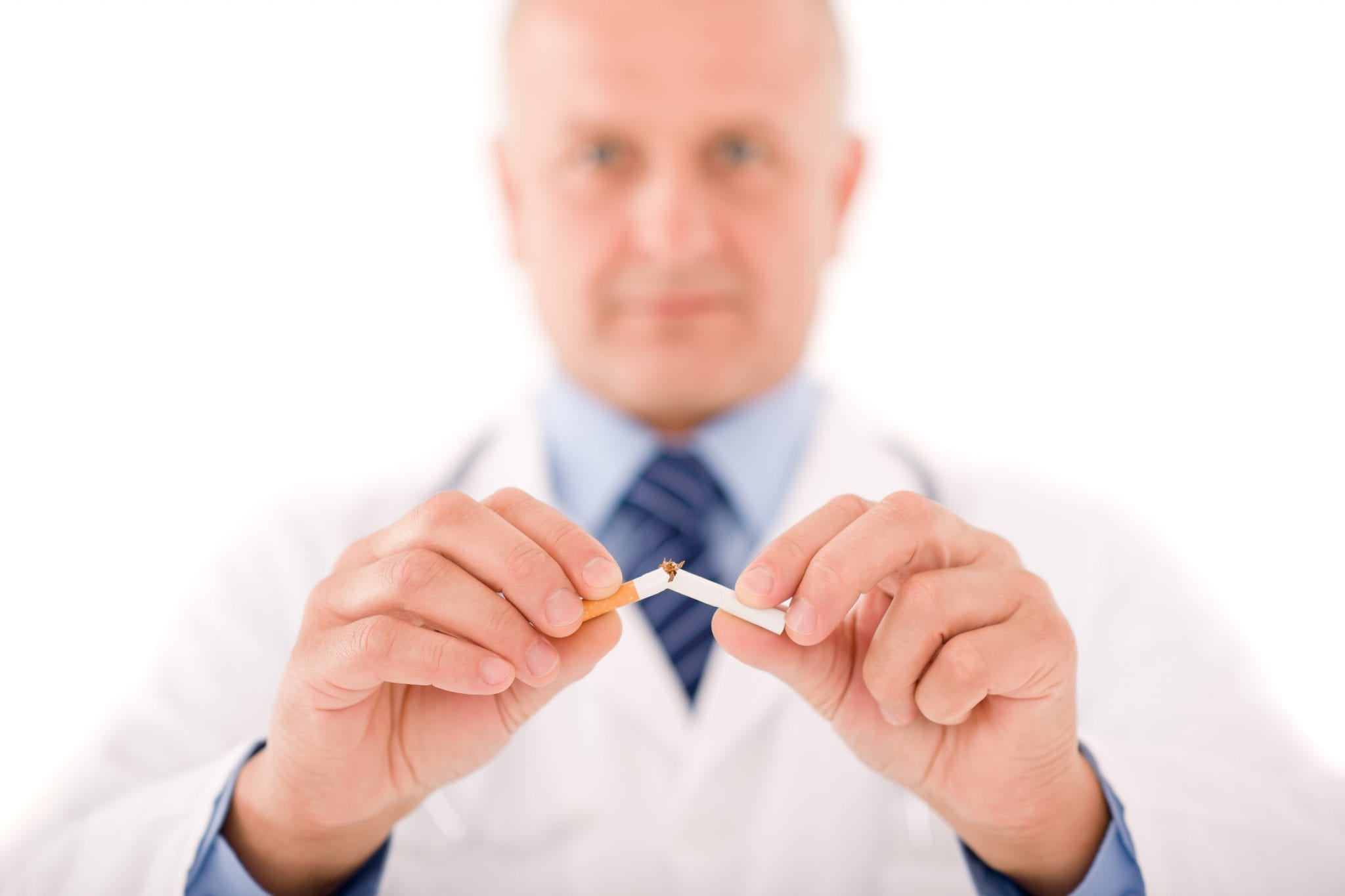
Smoking After Hairtransplant
Smoking is bad for one’s overall health and the results after hair transplant procedures. However, chronic smokers may make the mistake of indulging in a few cigarettes after their procedure.
This often makes them feel highly guilty since their doctors have warned them to avoid smoking. They often worry that their grafts may not survive. But does smoking hurt the transferred follicles? And if yes, to what extent does this occur?
Smoking and Health Risks
Hair transplant patients should consider the impact of smoking on their procedure results, their overall health, and the well-being of people around them.
With time, smoking can cause damage to the respiratory system, making it harder to breathe. It can even lead to lung cancer. Heart disease is one of the significant health risks of smoking and many other types of risks.
In the United States, smoking accounts for almost 20% of all deaths from heart disease in both men and women.
Smoking can hurt non-smokers who are nearby. This is of particular concern when it comes to children. According to WebMD, exposure to tobacco smoke accounts for about 70,000 deaths yearly from heart disease.
Smoking and Hair loss:
According to Research on identical twins with the genes for pattern, baldness will show different manifestations of their condition, depending on lifestyle habits.
Siblings who smoke will display a greater extent of hair loss compared to the other twin. Environmental factors can affect how fast hair will fall out in those with the genetics for androgenic alopecia.
How Does Smoking Affect Hair Transplant Patients?
- Nicotine from cigarettes will cause the blood vessels to harden and constrict. In addition, carbon monoxide reduces the ability of the blood to carry oxygen.
- Poor circulation can undermine a patient’s wound healing and prolong the entire process. If the skin takes longer to heal, there is a much higher risk of infection since particles and microbes have an opportunity to enter.
- If the skin has trouble healing and closing the wounds, scabs, and crusts may remain on the surface for extended periods. This will increase the likelihood of forming thicker scar tissue.
- According to Dr. Mehmet Demircioglu, smoking also increases the risk of skin death (i.e., necrosis). This effect can be minor or more extensive in scale, depending on the number of cigarettes the patient had smoked in the past. It has been found that smokers who underwent surgeries requiring significant areas of skin excision (e.g., flap surgery and scalp reduction) face a much higher risk of skin necrosis following a hair transplant procedure.
- Furthermore, excessive oozing and bleeding may occur during the surgery. This can extend the entire procedure and prolong the time the follicles are left outside the body. The limit is around six hours.
- The survival of the hair transplant grafts can also be impaired due to the lowered availability of oxygen and nutrients. However, according to Dr. Mehmet Demircioglu, this would largely depend on the individual and whether or not they are chronic, long-term smokers.
- Patients who have smoked heavily for many years will have experienced drastic changes to their circulatory system that will more likely affect their wound-healing capabilities and the survival of their grafts. But in light or moderate smokers, making a mistake and smoking a few cigarettes after a procedure may not have much impact.
- There are many examples of smokers who have been able to experience successful hair restoration results. But at the same time, there is still the risk of lowered density for others who regularly smoke.
Guidelines for Smoking Before and After Hair Restoration
Usually, hair transplant surgeons recommend that patients abstain from smoking about one week before and two weeks after the hair transplant procedure.
However, allocating a couple of months before and after the operation may be ideal to help optimize the results.
Accelerated Hair Loss in Native Regions
According to the same Research on identical twins with the genes for pattern, baldness will show different manifestations of their condition, depending on lifestyle habits.
Siblings who smoke will display a greater extent of hair loss compared to the other twin. Environmental factors can affect how fast hair will fall out in those with the genetics for androgenic alopecia.
Suppose a patient has abstained from smoking for the recommended time following their procedure and continues with cigarettes afterward. In that case, they will still experience a relatively high risk of losing more of their donor’s hair in the native areas.
Due to the presence of sensitive protein receptors on these structures, DHT can still affect these follicles. Compromised blood circulation due to smoking will further deprive these structures of the oxygen and nutrients they need. Therefore, miniaturization can occur much faster.
Therefore, patients may want to think about quitting cigarettes altogether rather than simply avoiding cigarettes during the recommended time frames before and after their hair transplant procedure.